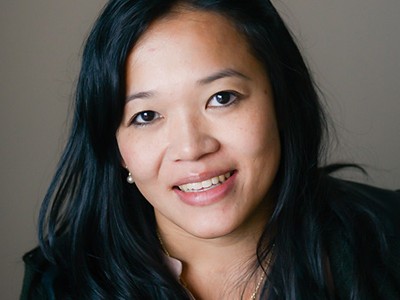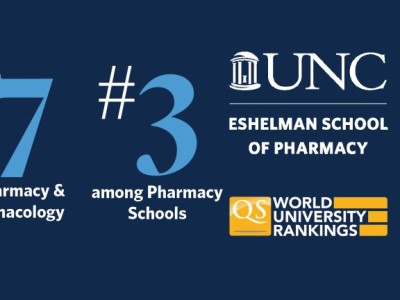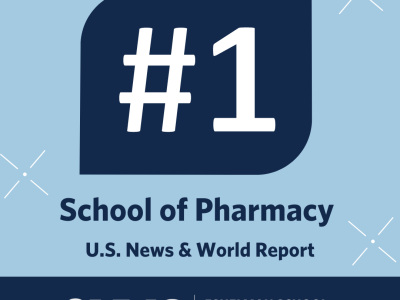January 24, 2008
Fred Eshelman, CEO and founder of Wilmington-based PPD Inc., has pledged $9 million to support cancer research at the School of Pharmacy at the University of North Carolina at Chapel Hill.
The board of North Carolina’s University Cancer Research Fund matched the gift, generating a total investment of $18 million. The funds will support the work of members of the School of Pharmacy and the UNC Lineberger Comprehensive Cancer Center who focus on genetics, individualized cancer therapy, drug discovery, and drug delivery.
“This gift is a fantastic opportunity,” UNC president Erskine Bowles said. “And if we challenge ourselves to raise additional matching funds through private donations, we can do even more to develop these programs to the benefit of cancer patients across the state.”
Eshelman gave $20 million to the School in 2003. At the time, the gift was the third-largest in the University’s history and the largest ever to a U.S. pharmacy school. He said he made his latest gift to allow the School of Pharmacy to maintain the momentum it has been building over the past few years.
“I’ve seen the progress that the School is making under Dean Blouin’s leadership and decided that if I could help to further accelerate it, then all the better,” Eshelman said. “Pharmacy’s research centers are exciting initiatives that bring medicine and pharmacy more closely together on the campus.”
Bob Blouin, dean of the School of Pharmacy, said that Eshelman wanted to keep the School moving forward. He pointed to the School’s NIH funding as an example of the progress. In 2003, the School ranked 22nd among the nation’s pharmacy schools in NIH funding. Last year it had climbed to eighth.
“Thanks to the support of generous donors, our aggressive pursuit of research funding and partners like Lineberger, we have had great success in attracting really top-flight scientists to the School over the past few years,” Blouin said. “That kind of effort puts considerable strain on resources, and we expected that it would take five years to have all our new centers working at full capacity. Dr. Eshelman wanted to significantly shorten that time frame.”
Eshelman made his gift contingent on the School’s finding a source of matching funds. Because all of the newly established centers are focusing their initial efforts on oncology, the UCRF was an obvious candidate, Blouin said.
Shelton Earp, director of the Lineberger center, said that these new centers will grow stronger and broaden their effectiveness as new research partnerships are formed to address the goals of the cancer fund.
“This gift is a wonderful example of a private gift leveraging cancer fund money through partnerships among cancer center faculty in UNC-Chapel Hill schools, departments and the College of Arts and Sciences,” Earp said. “Working together they will accelerate discoveries that can be translated into more effective therapies for cancer patients. Fred Eshelman’s gift will speed the fight against cancer in North Carolina and beyond.”
Three research centers will benefit from the Eshelman gift and the cancer fund’s match.
The Center for Integrative Chemical Biology and Drug Discovery is led by Stephen Frye, PhD, former worldwide head of discovery medicinal chemistry at GlaxoSmithKline. The center, which will focus on oncology, is a joint initiative supported by the UNC School of Pharmacy, the Lineberger Comprehensive Cancer Center, the UNC School of Medicine, and the Department of Chemistry in the College of Arts and Sciences. Frye is also the first faculty member recruited with UCRF funds.
The Center for Nanotechnology in Drug Delivery will bring together scientists to create nano-scale pharmaceutical innovations, such as vaccines to prevent cancer, sensors to detect cancer and heart disease and therapeutics to seek out and destroy tumors and their metastases. Russ Mumper, PhD, an expert in vaccine and cancer-drug delivery systems, is the director.
The UNC Institute for Pharmacogenomics and Individualized Therapy, directed by Howard McLeod, PharmD, is the first of its kind in the United States. The institute works to create effective therapy and precise treatment options for individual patients. Its efforts focus on cancer therapy with planned expansion into cardiovascular disease, psychiatric disorders and global health.
PPD is a leading global contract research organization providing discovery, development, and post-approval services as well as compound partnering programs to the biopharmaceutical industry.
Latest News

Developing new ways to treat heart attacks without surgery

School maintains No. 7 spot in QS World University Rankings


